Certified as a ‘Heritage Building’ by the Directorate of Archaeology, the bungalow dates back to more than 150 years. It was the official residence of the Visiting Agents or Burra Sahibs of McLeod Russel Tea Co. till the late 1900s. The Burra Bungalow narrates the story of tea gardens of Assam unfolded by keepers of its culture and legacy.
Flowery Pekoe
Nurtured and grown in the foothills of the Himalayas, Flowery Pekoe is one of the finest varieties of tea in the world. Theories surrounding the name ‘pekoe’ suggest that it comes from a Chinese word meaning white flower—used to describe the appearance of the tea. The Pekoe family however, is ruled by Orange Pekoe. Contrary to its name, Orange Pekoe has nothing to do with orange flavoring and oils and indicates the copper tinge after it is brewed. Today, quite ironically, both Orange and Flowery Pekoe are largely consumed outside China and mainly in India, Nepal, and Sri Lanka.
Autumn Gold
During autumn, orthodox tea produced from fine plucking have a splash of gold derived from the buds and one fine leaf. This tea is rich in character and have autumn flavour.
Baba Kamra
Baba Kamra was primarily kept for the Visiting Agent’s children. This room was always in close proximity of the main bungalow. Invariably, ‘nannies’ would sleep in the Baba Kamra along with the children.


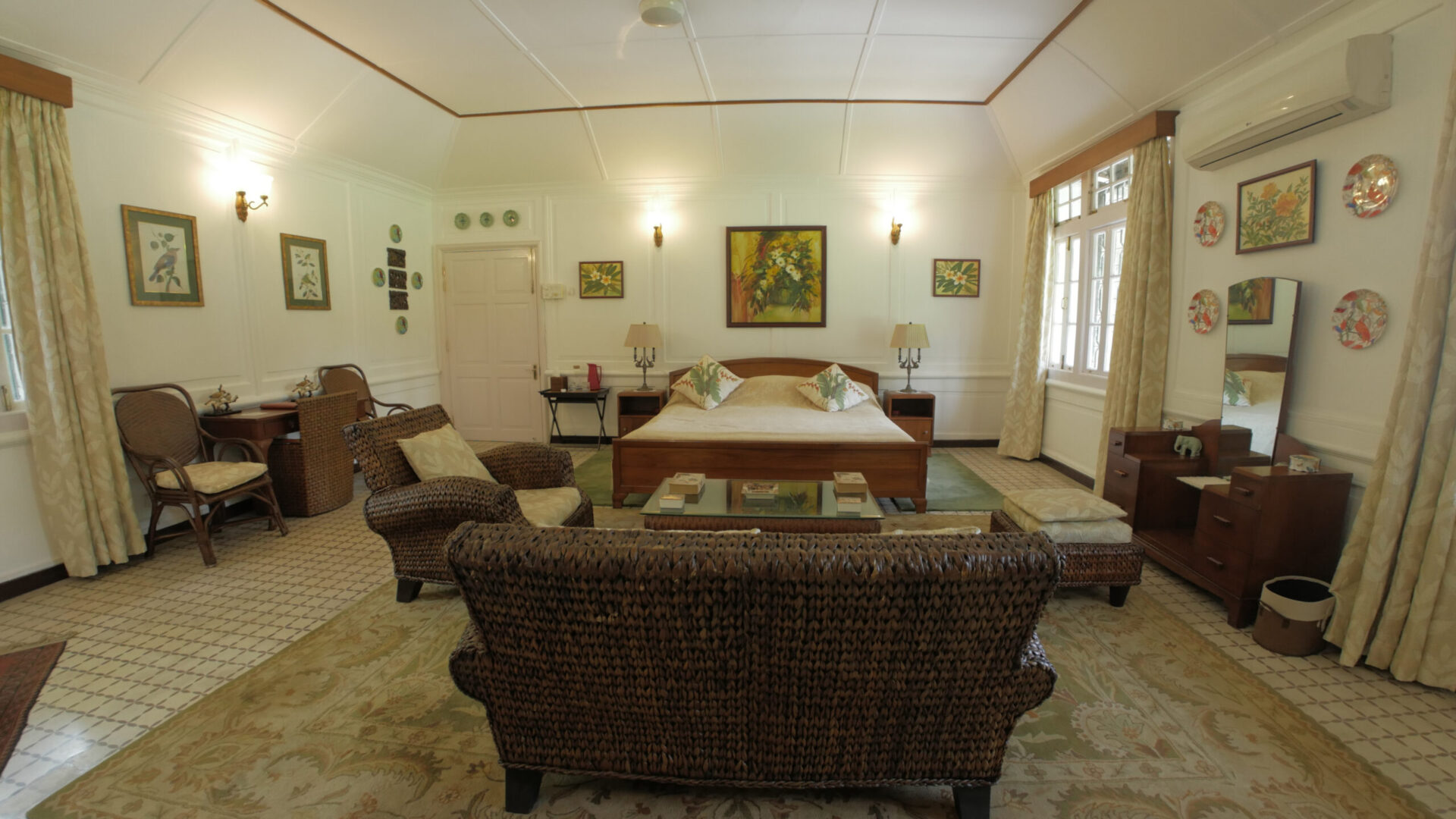


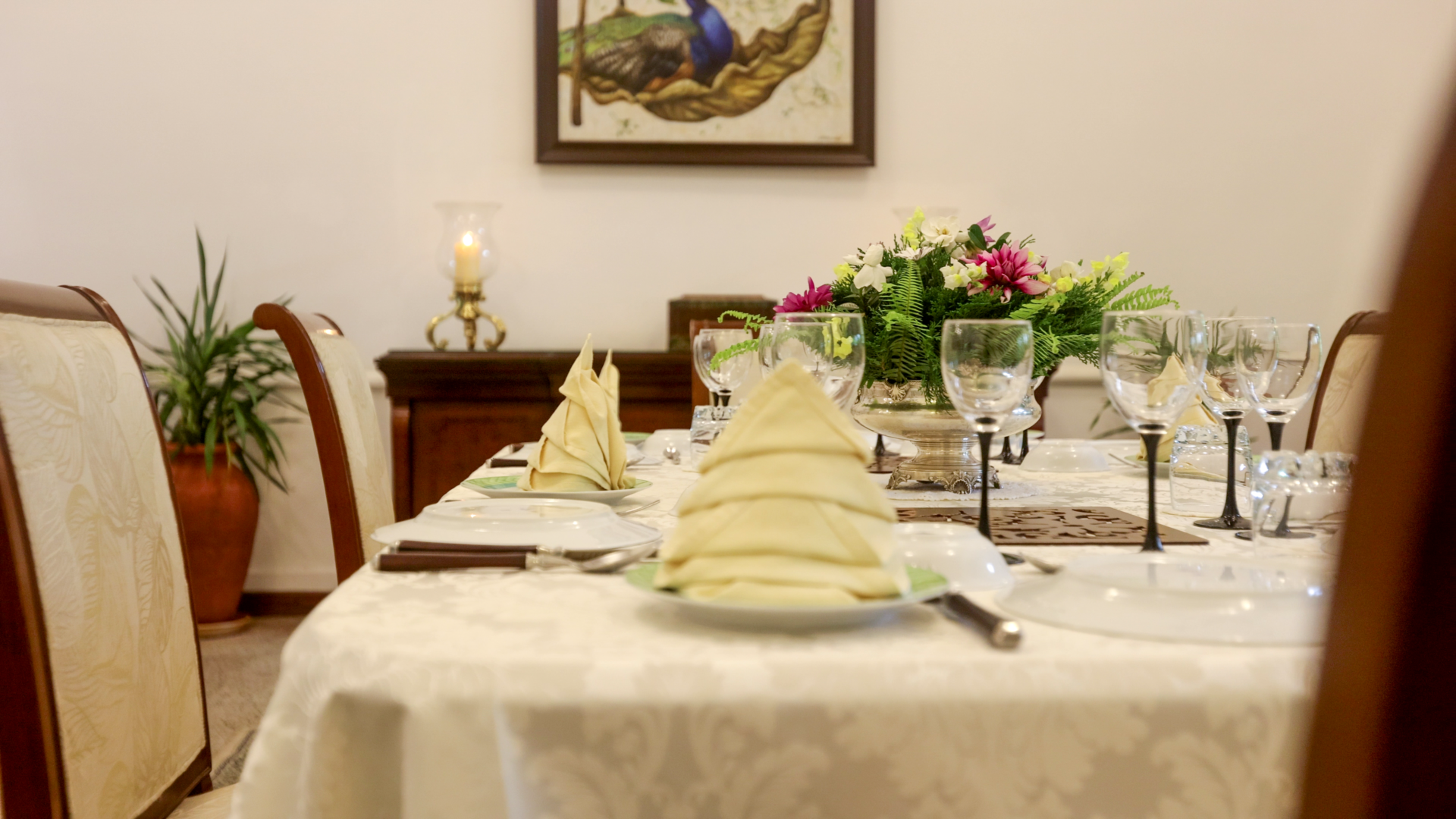



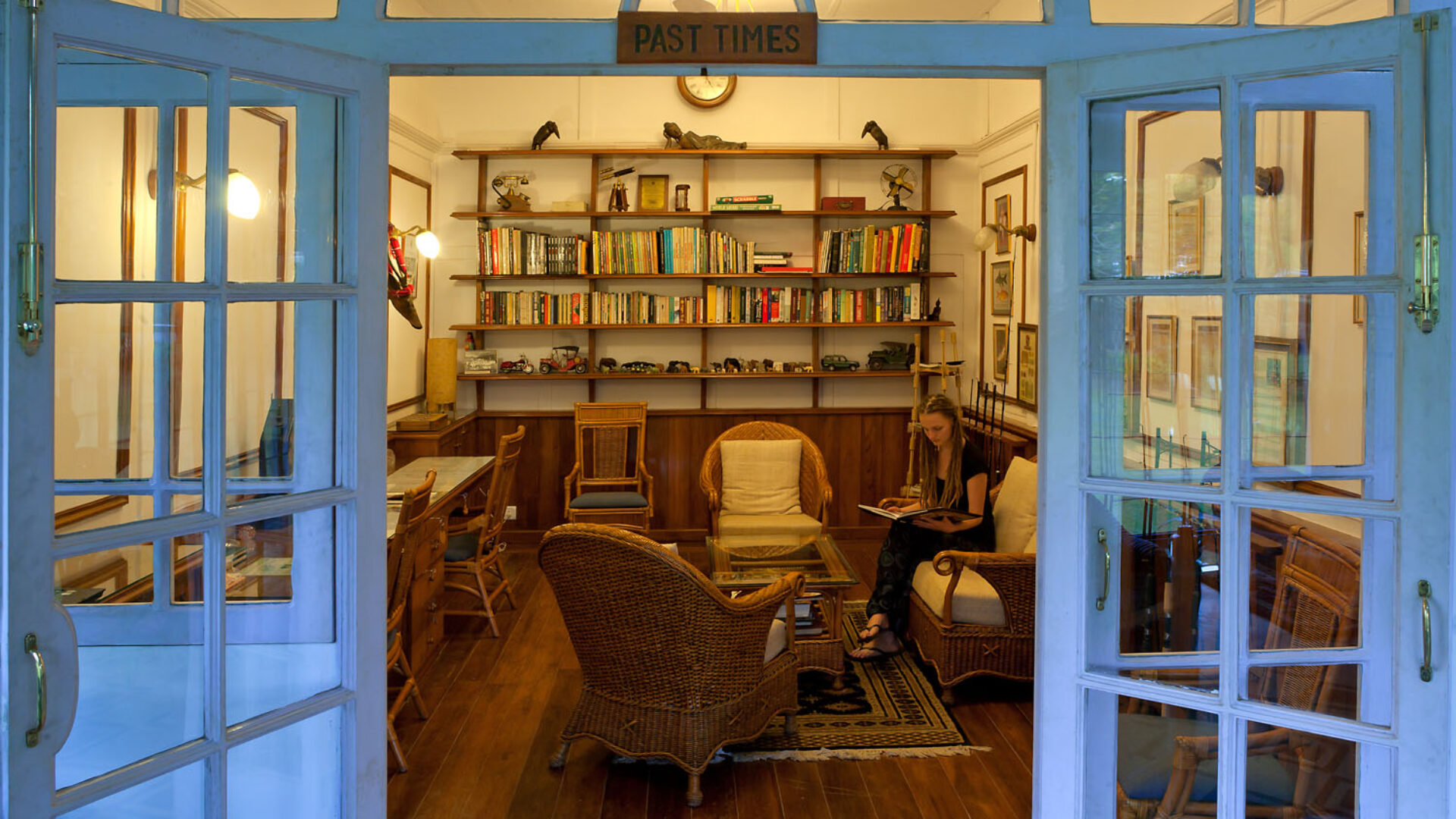
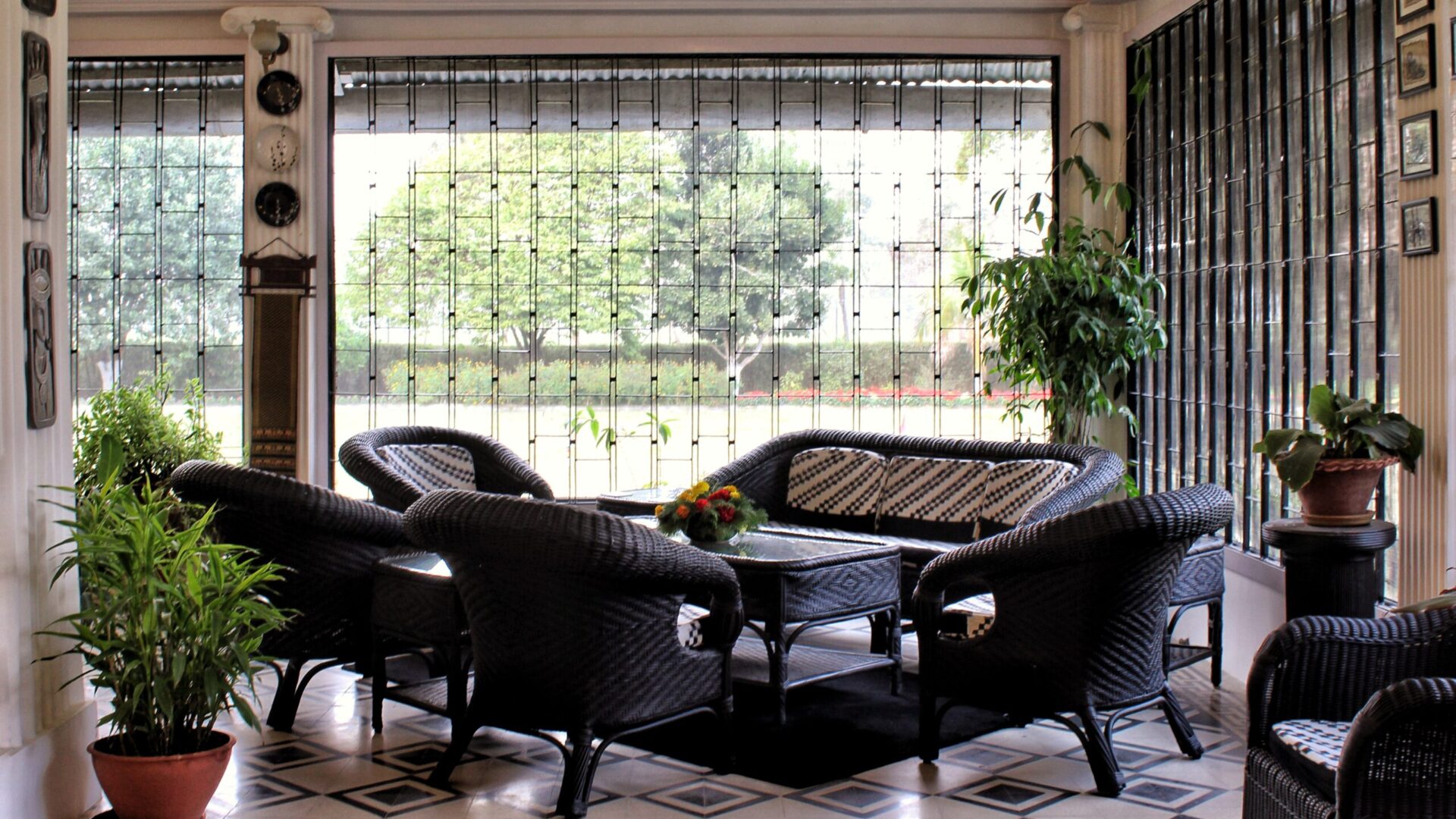
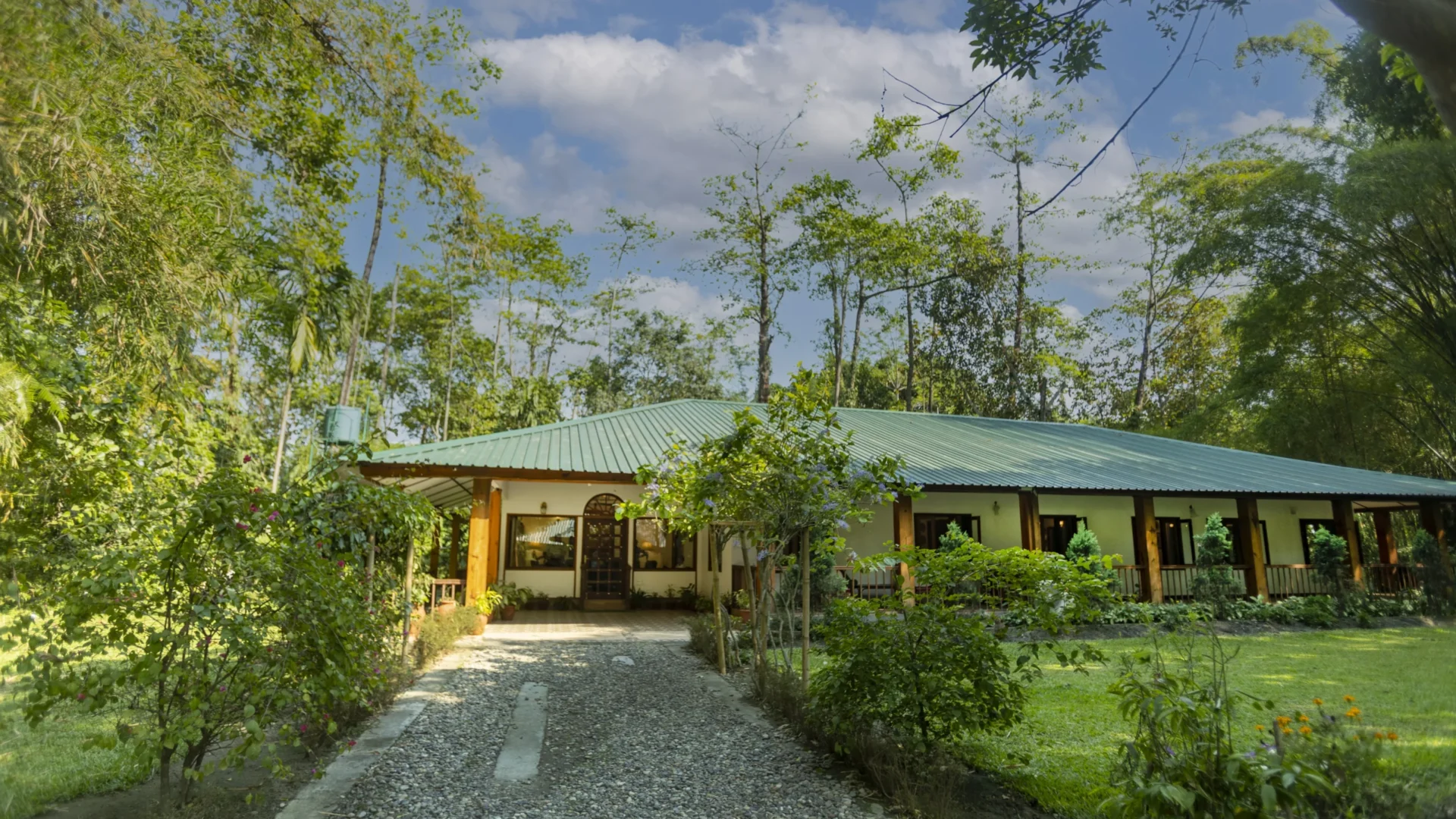
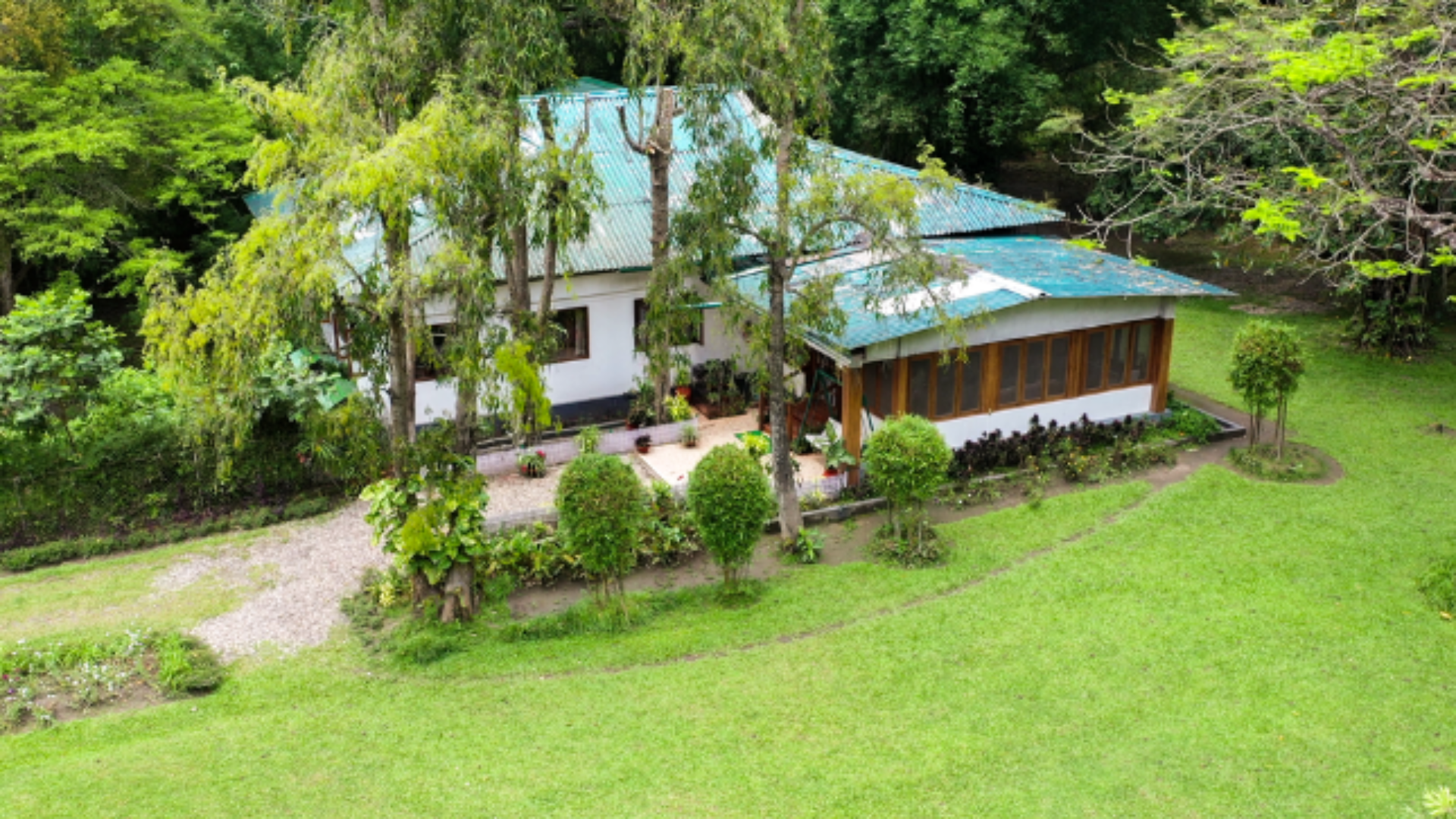
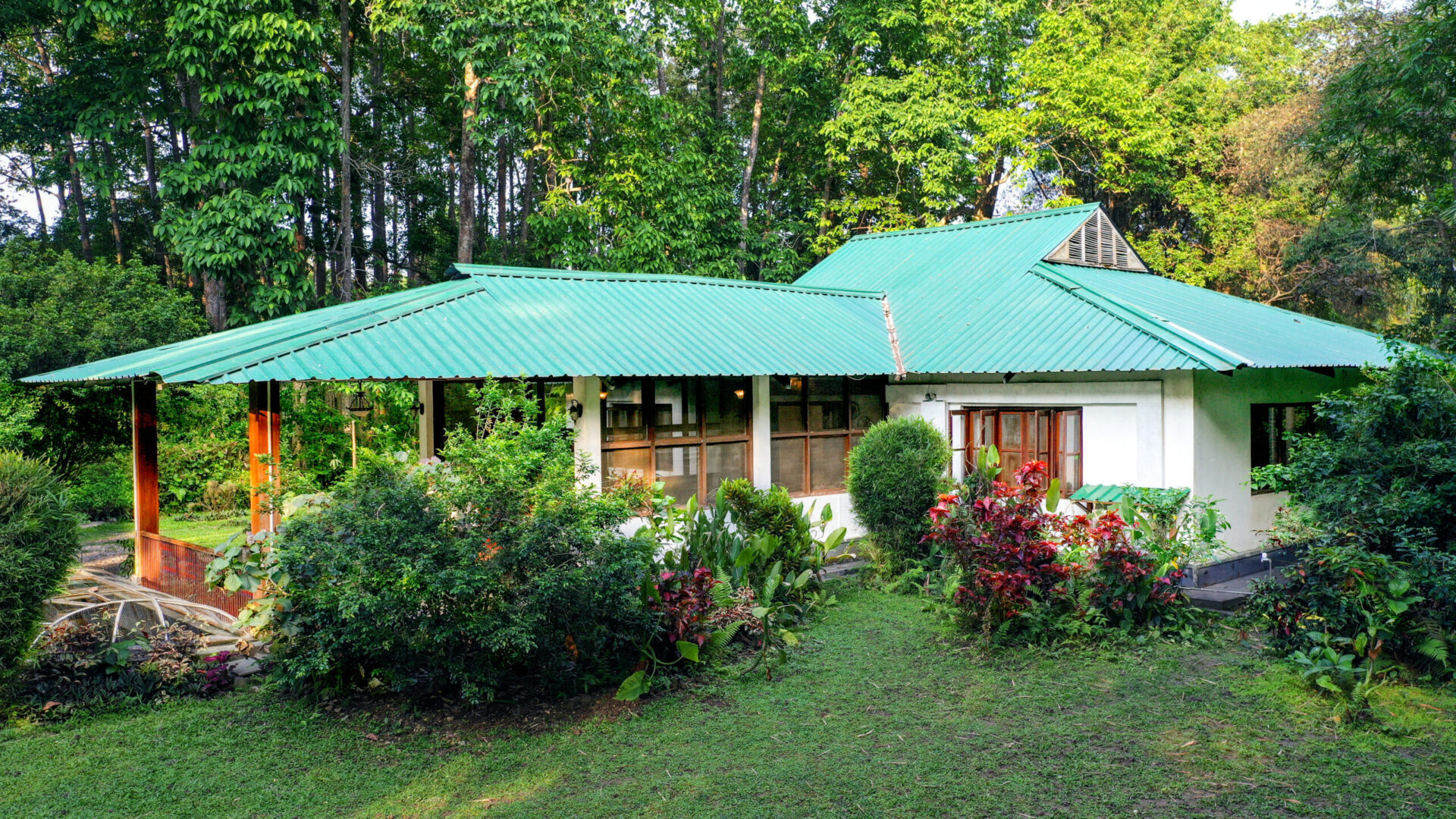

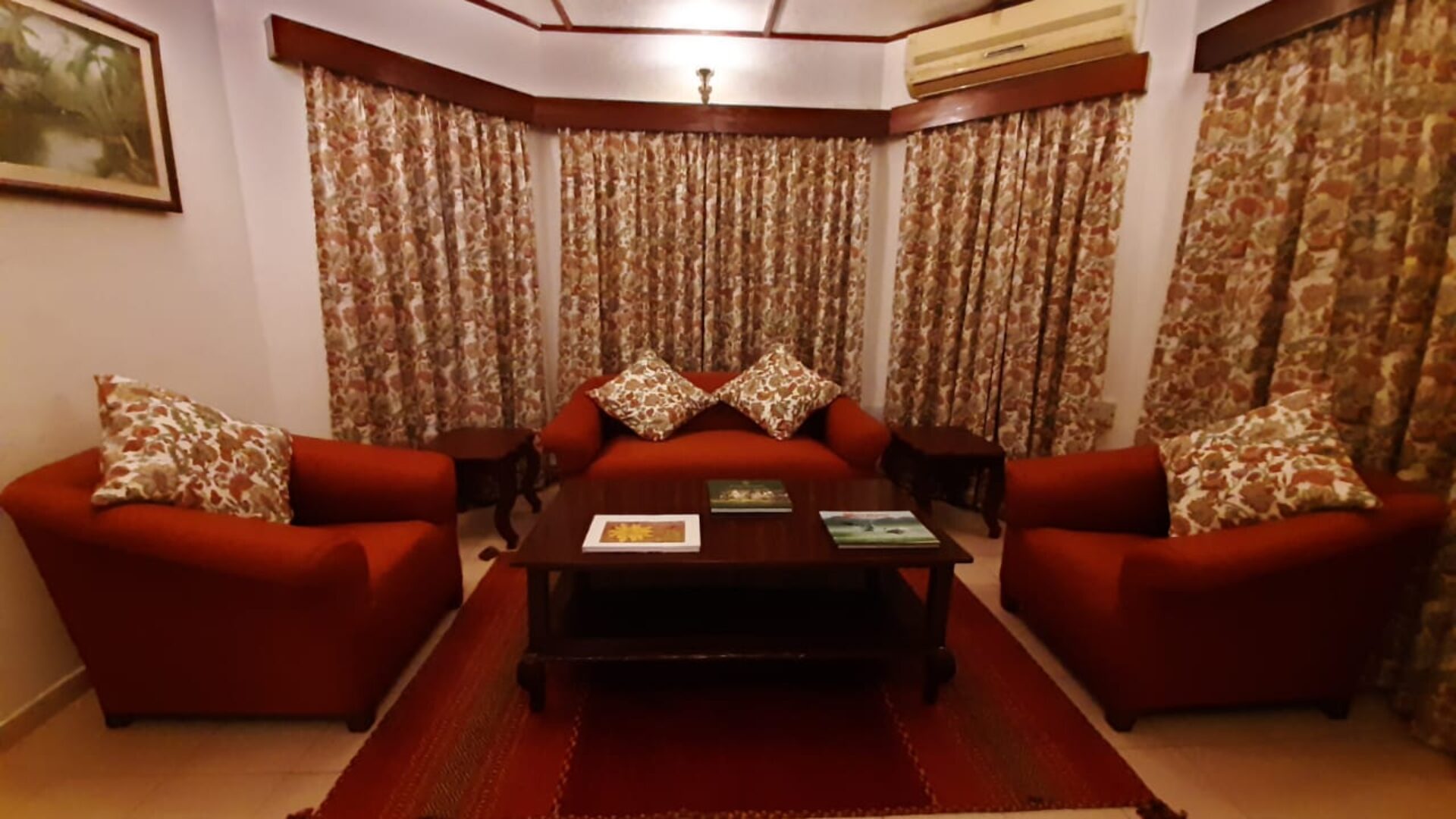
Reviews
There are no reviews yet.